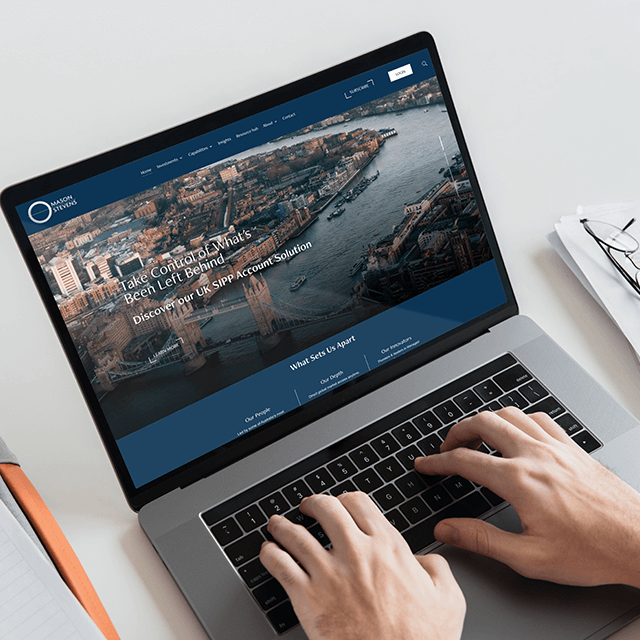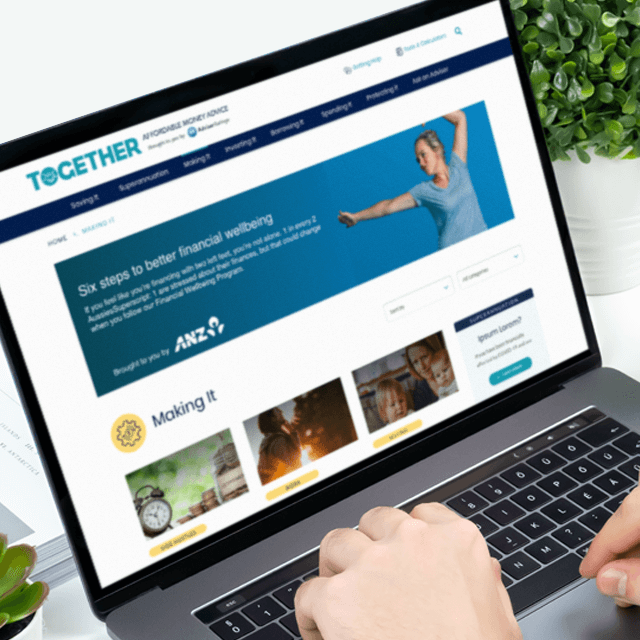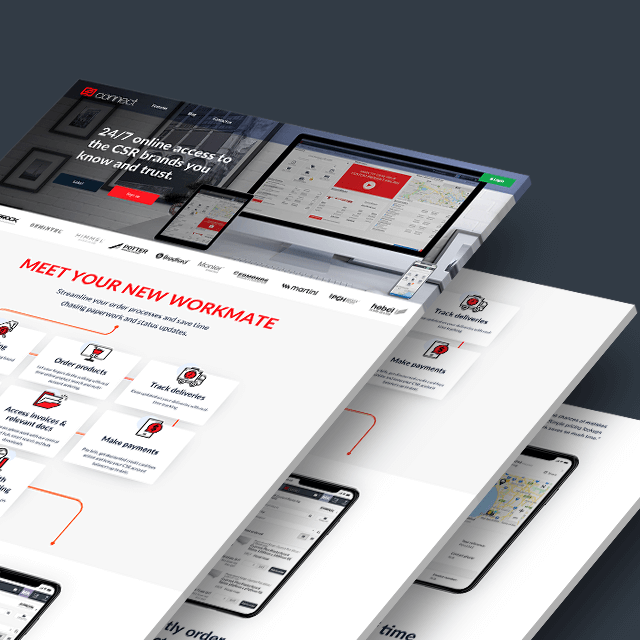As of 2023, there were 73 million websites on the internet that use a content management system. If your business needs a website, chances are you don’t have the time or the inclination to create it from scratch. While even a decade ago, most websites were painstakingly coded line by line, today there are over 800 CMS platforms to choose from that will help bring your website’s vision to life. From Webflow to Drupal to Shopify, to the current market leader, WordPress, which powers over 40% of the websites online and has a market share of over 60%, there are a plethora of choices out there. However choosing the perfect CMS is a lot like Cinderalla’s shoe – it’s important to find the perfect fit. In this article, we give you an overview of how to pick ‘the one’.
1. Define your website's purpose
Starting with the most basic: what kind of website are you planning to build: an enterprise level site, a news publication site, a blog, a membership site, a high traffic or data heavy site or an ecommerce site? This helps narrow down the list of CMS platforms you can explore.
2. Evaluate user friendliness
Your CMS should have an intuitive and user-friendly interface and an extensive range of technical customization options without the steep learning curve, so that even non-technical users can manage and update content easily. A great example is a WordPress powered website we built for our client, Mason Stevens, which was the Winner of the Financial Standard Website of the year, 2021. We empowered the client’s team to not only publish and manage content on the website but also design and build bespoke landing pages without our help. Read more about the case study here
3. Scalability
As every business keeps growing, it’s important to have a website that can grow with you. Your CMS solution should help you handle increased traffic, content volume, and functionality. A CMS like WordPress which has modular architecture and a large developer community, is a great example of a site that can adapt to a growing digital presence.
4. Design flexibility
With a CMS you can get access to a wide range of design templates and themes and have the option of playing around with the layout, color scheme, fonts, and other visual elements to create a unique online presence that matches your brand identity or even change it when your brand gets an identity makeover.
For example, we did a complete brand refresh for one of our clients, In Marketing We Trust. Since we had used a WordPress CMS to build their website, we were able to quite seamlessly integrate this new identity into their website design. You can read more about it here:
5. Security
The basic need for any platform is that it should keep your content, your users, and your front-end visitors safe. If you don’t have the time or aren’t familiar with best practices for securing your site, then you need a platform with robust security protocols, regular updates, authentication features, and teams in place to keep your site safe for you.
6. Collaboration and organisation
Your CMS should also enable seamless collaboration and effective content organisation. Features such as categorization, tagging, and metadata management will ensure your content is easily searchable and conveniently organised. If your team has diverse technical backgrounds, it makes sense to use a CMS like WordPress as it has extremely user-friendly and collaborative features.
Nibble Digital helped our client AIIA upgrade their website by moving to WordPress which allowed for integration with Salesforce, in a very smooth, collaborative process. Read more about the case study here
7. Omnichannel capabilities
Consider the future possibilities for your website apart from just desktops and mobiles. Your content could be expanded into AR/VR, mobile, kiosks, digital assistants and more, and that’s why it is important to choose a CMS solution that can support and be responsive to new channels when you’re ready to explore them.
8. Budget
Like every business decision, your budget plays an important role while determining your choice of CMS platform. Depending on your budget for website development and maintenance, you can look into platforms that offer different tiers of plans with resources that scale up at each price point, allowing your site to grow with your business.
9. Support
A system is only as good as the support its team provides. It’s extremely important to find a CMS developer who can jump in and fix things while leaving the creation and management of content to you.
Finding the ‘best’ CMS platform may be next to impossible, because each one has its own advantages. However, you can find the one that’s best for you – based on your businesses’ requirements. It’s a lot like finding ‘the one’ – you will have to weigh the pros and cons, choose the features that best suit your needs and helps you create, manage and update content seamlessly, ultimately providing a great experience for the users of your website.







